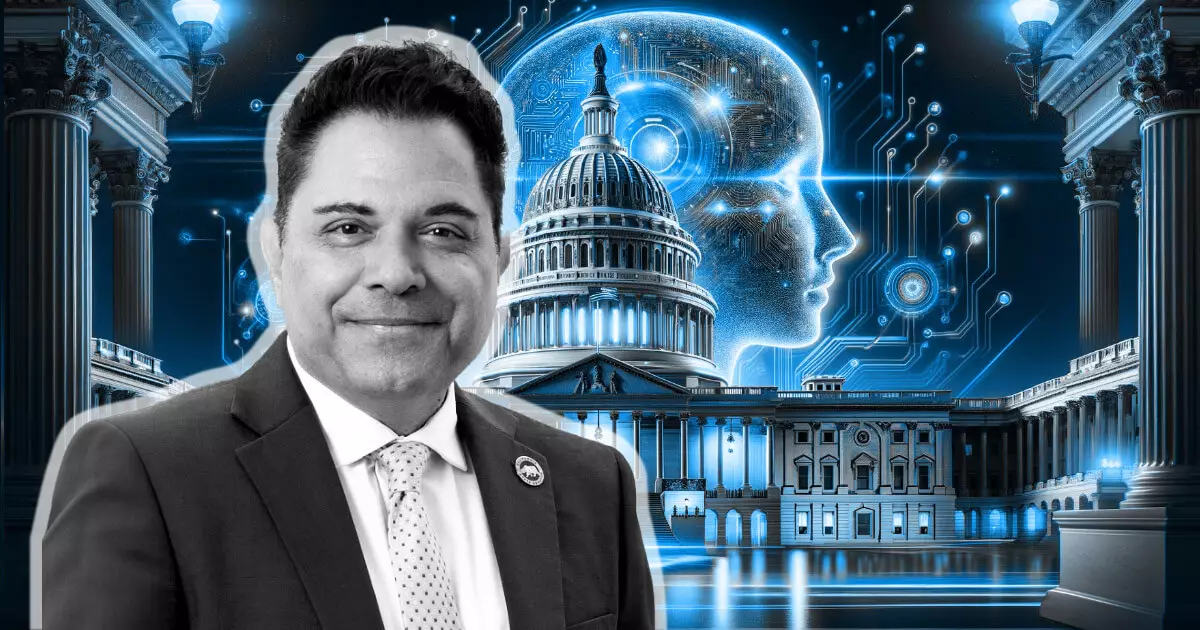Senator Steve Padilla (D-San Diego) has introduced two new bills, Senate Bills 892 and 893, to establish a comprehensive and ethical framework for artificial intelligence (AI) in California. In a press release on January 3rd, Padilla highlighted the need to harness AI’s potential while ensuring its safe and responsible use, particularly in state contracts. The proposed legislation aims to learn from past regulatory failures in the tech industry, such as social media, and avoid repeating those mistakes in AI governance.
As the most transformative technology since the dawn of the Digital Age, AI offers immense benefits. However, the unchecked integration of AI into daily life also poses significant risks. It is essential to establish comprehensive safeguards and standards to address these risks effectively. Leading legal and AI experts, including Professor Emeritus Karl Manheim from Loyola Law School, support Padilla’s initiative. They emphasize the existence of a regulatory vacuum in AI development and commend the proposed bills for positioning California as a leader in AI safety and innovation.
Former National Security Advisor Robert C. O’Brien emphasizes the importance of public investment in AI infrastructure to maintain a competitive edge over countries like China, which have made substantial financial commitments to the AI industry. The proposed legislation would lay the foundation for public funding to flow into AI-related infrastructure, ensuring that the United States keeps pace with global advancements in the field.
Senate Bill 892, one of the proposed bills, focuses on setting safety, privacy, and nondiscrimination standards for AI services. The Department of Technology would be responsible for creating and enforcing these standards. Starting from August 1, 2025, state contracts would only be allowed with AI service providers who meet these stringent requirements. This provision ensures that AI services in California prioritize safety, protect privacy, and refrain from discriminatory practices.
Senate Bill 893 takes a unique approach by reimagining AI services as a public asset. It proposes the creation of the California AI Research Hub in collaboration with academic institutions. The hub’s primary focus would be on AI research, development, and deployment for the benefit of the public. Privacy concerns and societal risks associated with AI would also be addressed through this initiative. By treating AI as a public good, Senator Padilla intends to prevent monopolistic control over its future and ensure that its benefits are accessible to all members of society.
Pioneering AI Governance
If passed, these bills could set a significant precedent for AI regulation and development not only in California but also across the United States and globally. California has already established itself as a hub for innovation and technology, and the proposed legislation further solidifies its commitment to responsible AI integration. By addressing the dual nature of AI and incorporating public input, these bills strive to strike a delicate balance between promoting innovation and safeguarding against potential risks.
Senator Steve Padilla’s proposed legislation represents a significant step towards establishing a robust and ethical AI framework in California. It acknowledges the immense promise of AI while also recognizing the potential challenges and risks associated with its uninhibited use. By enacting comprehensive safeguards, fostering public investment, and treating AI as a public good, the proposed bills aim to position California as a global leader in AI safety and innovation. The upcoming discussions in the Senate hold the potential to shape the future of AI regulation, not just in California but also on a national and international scale.

